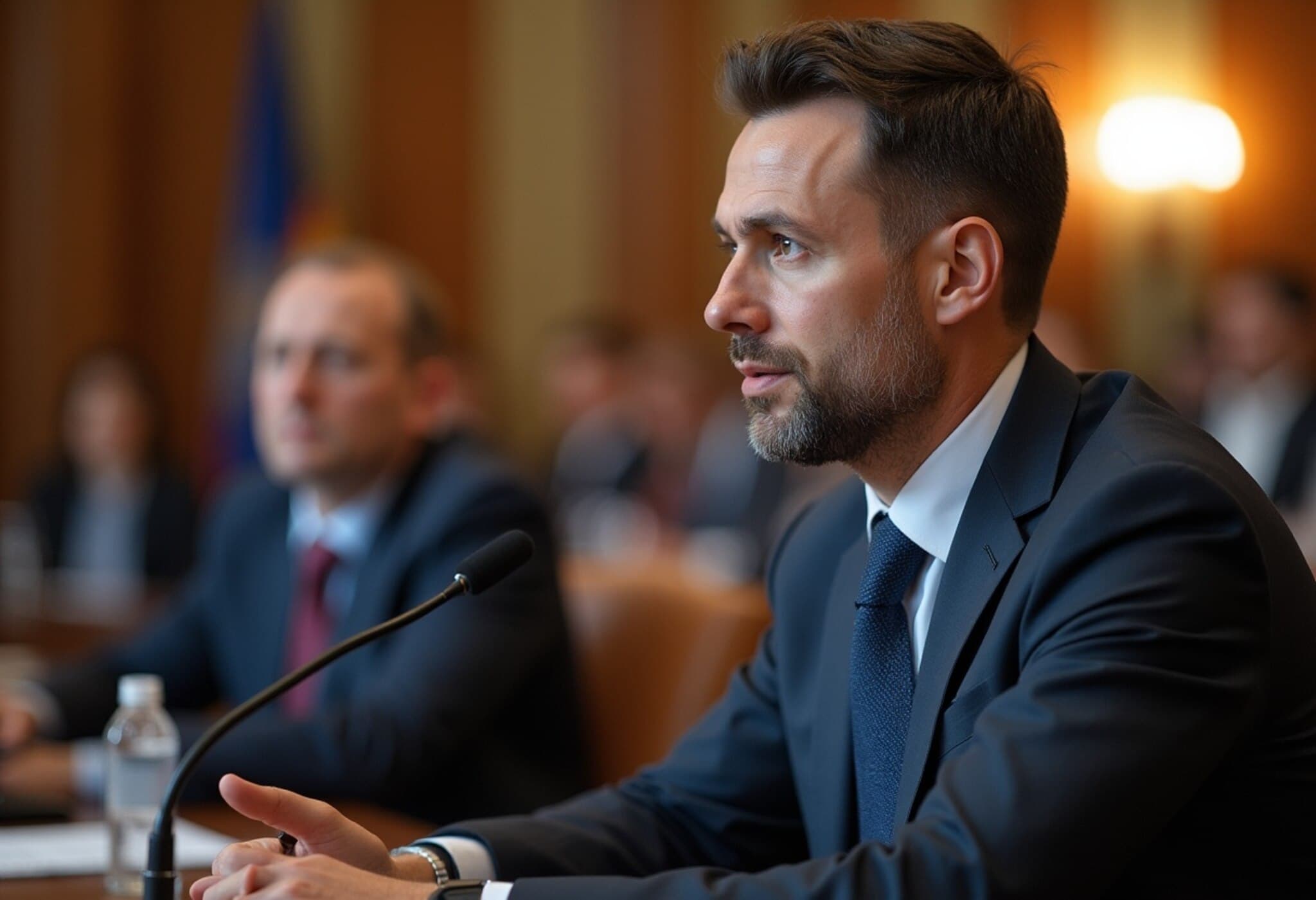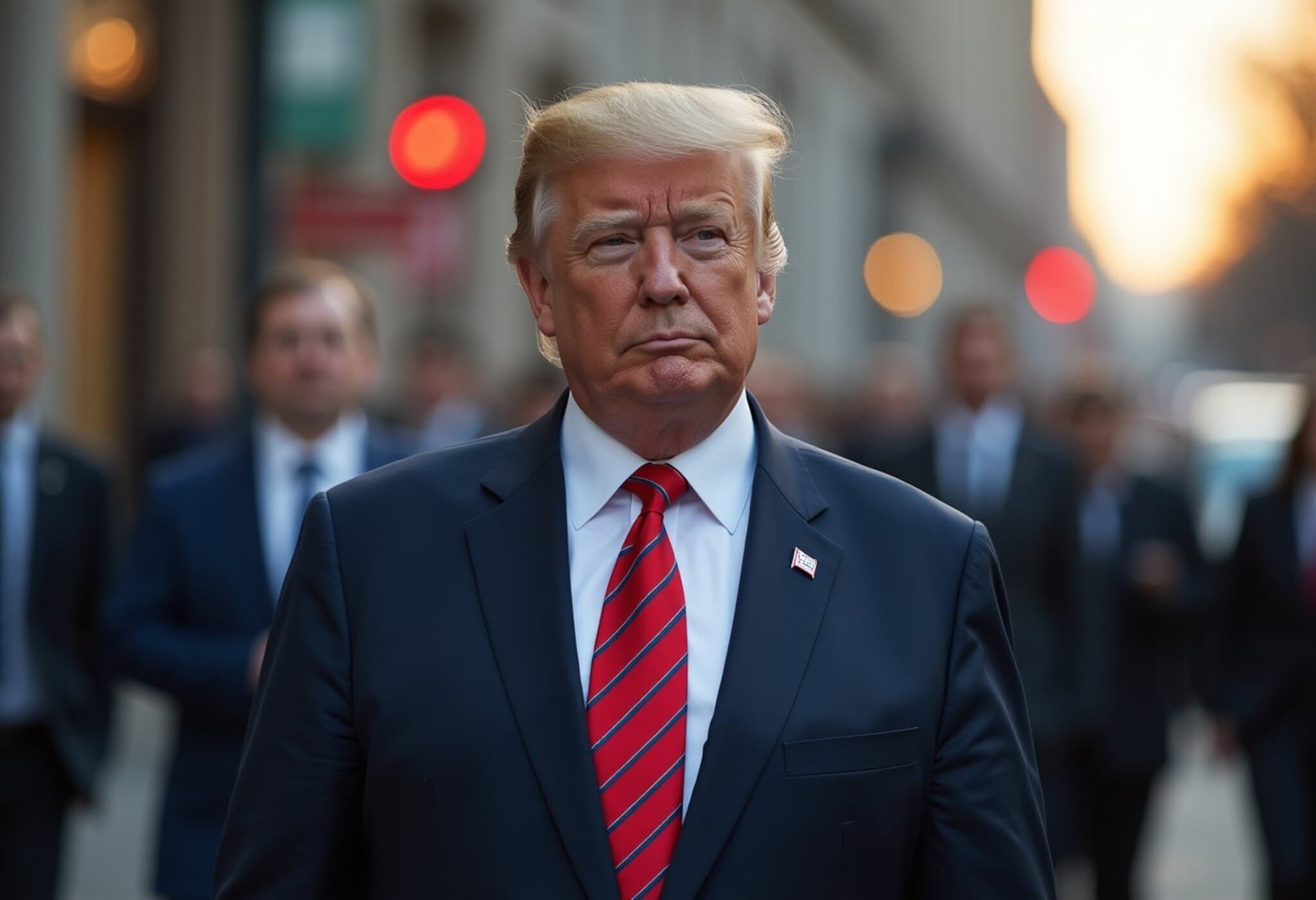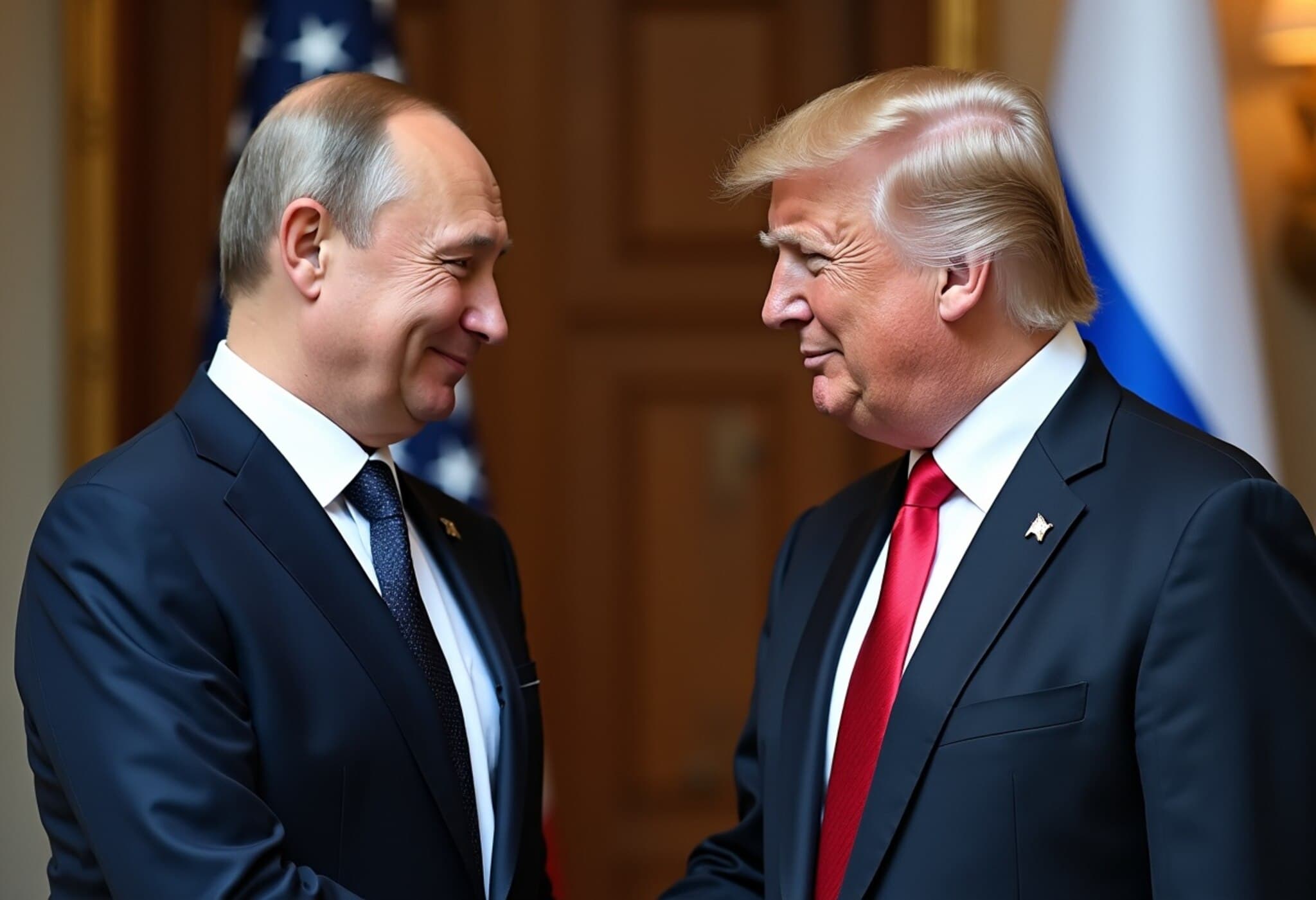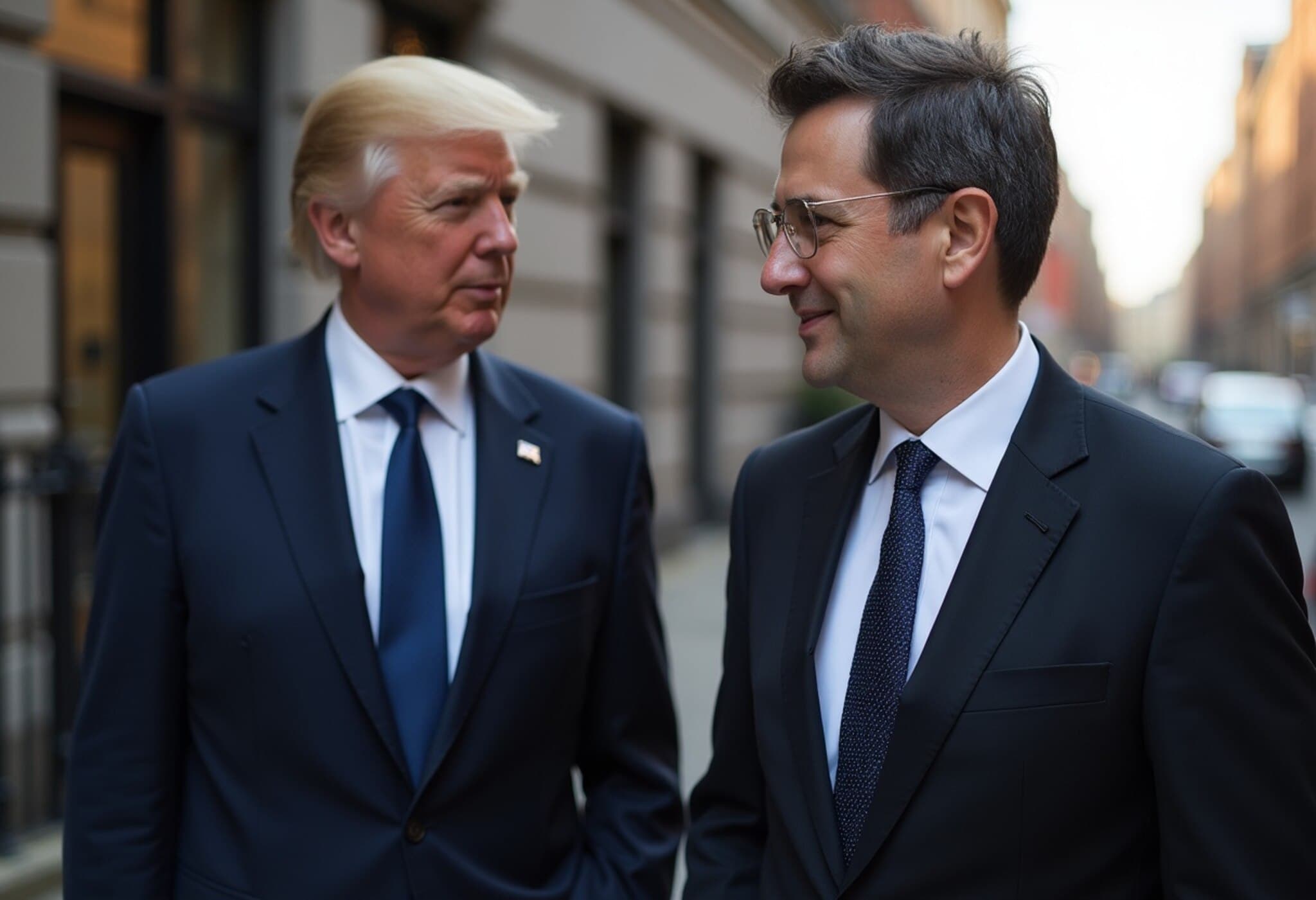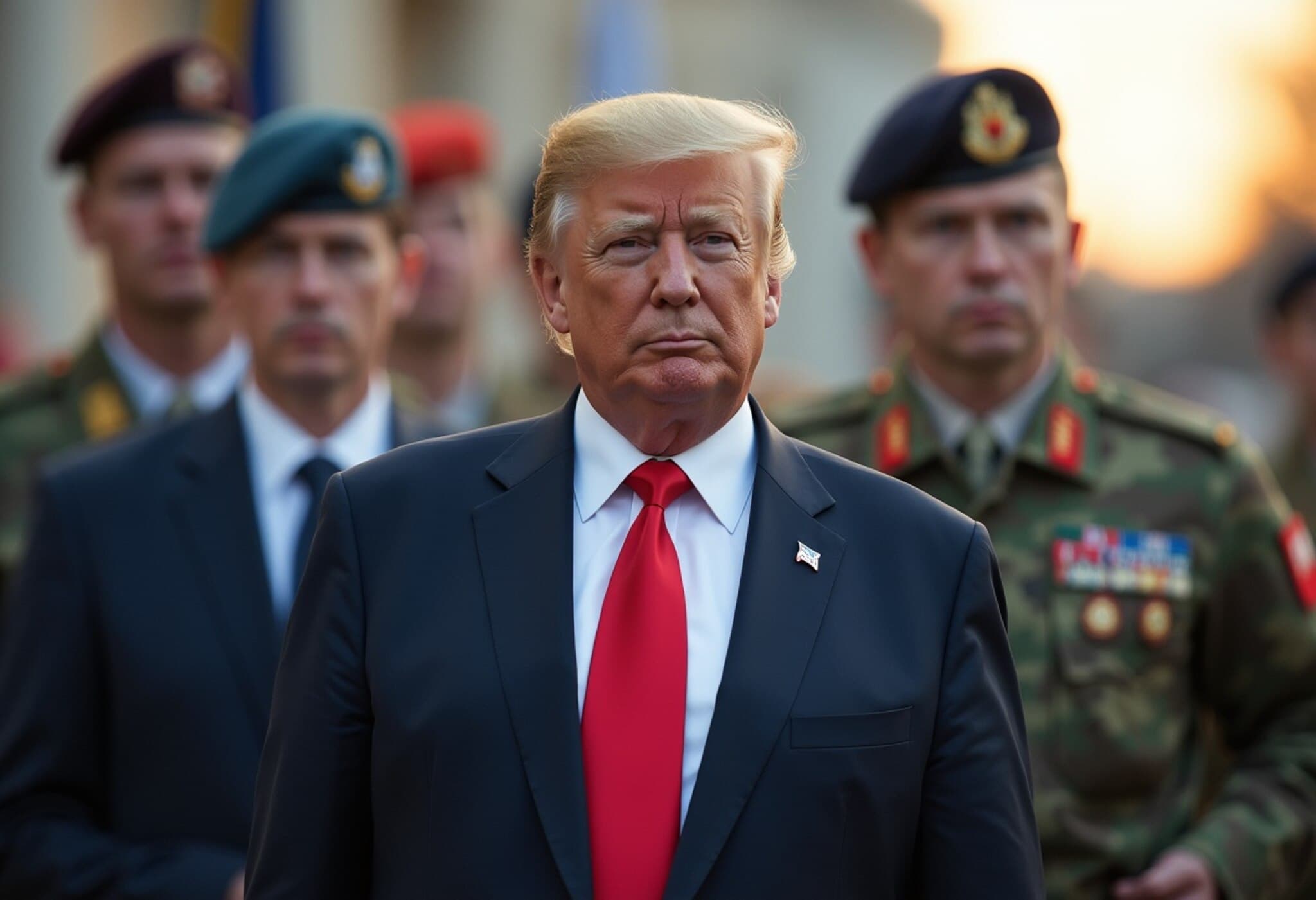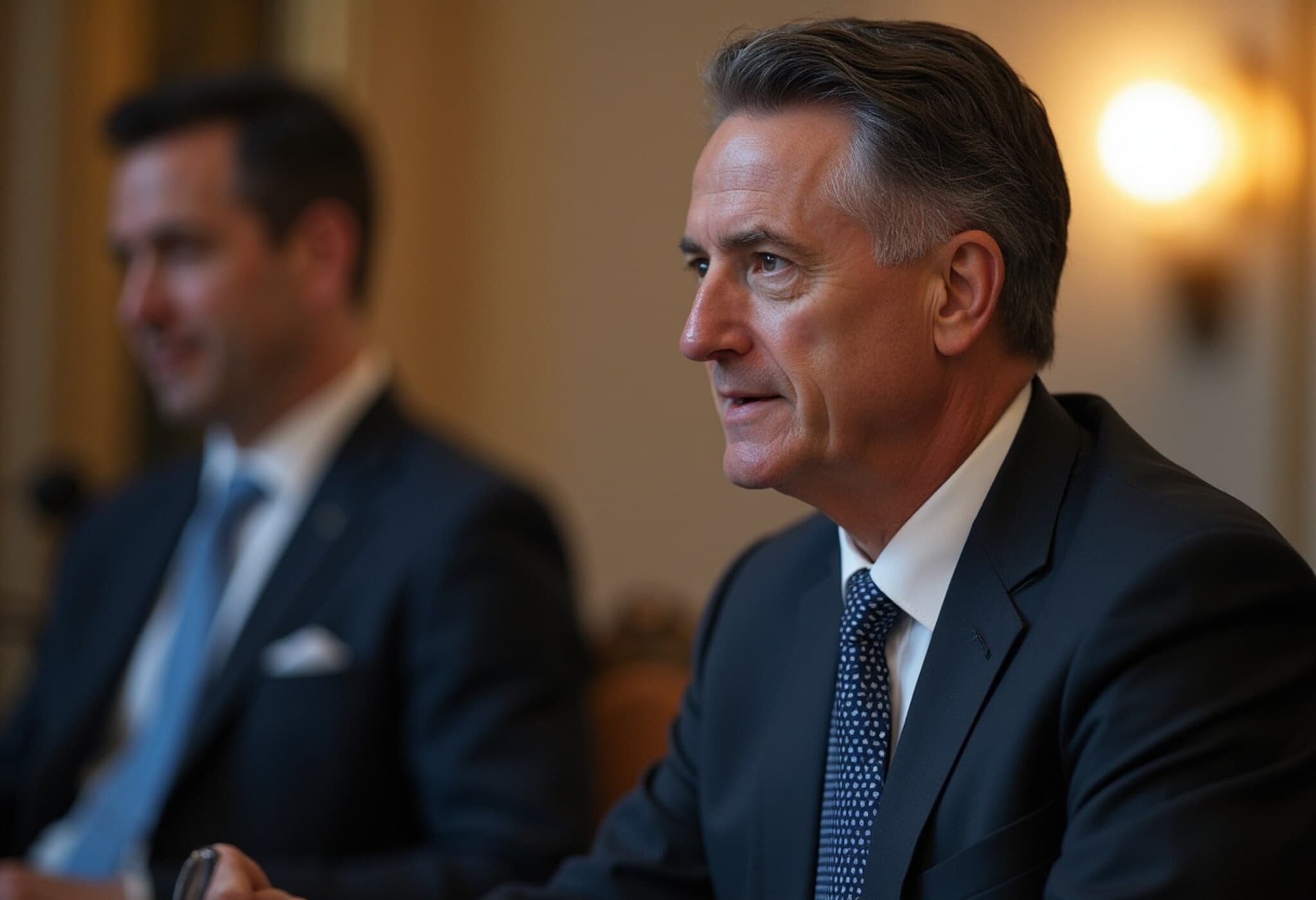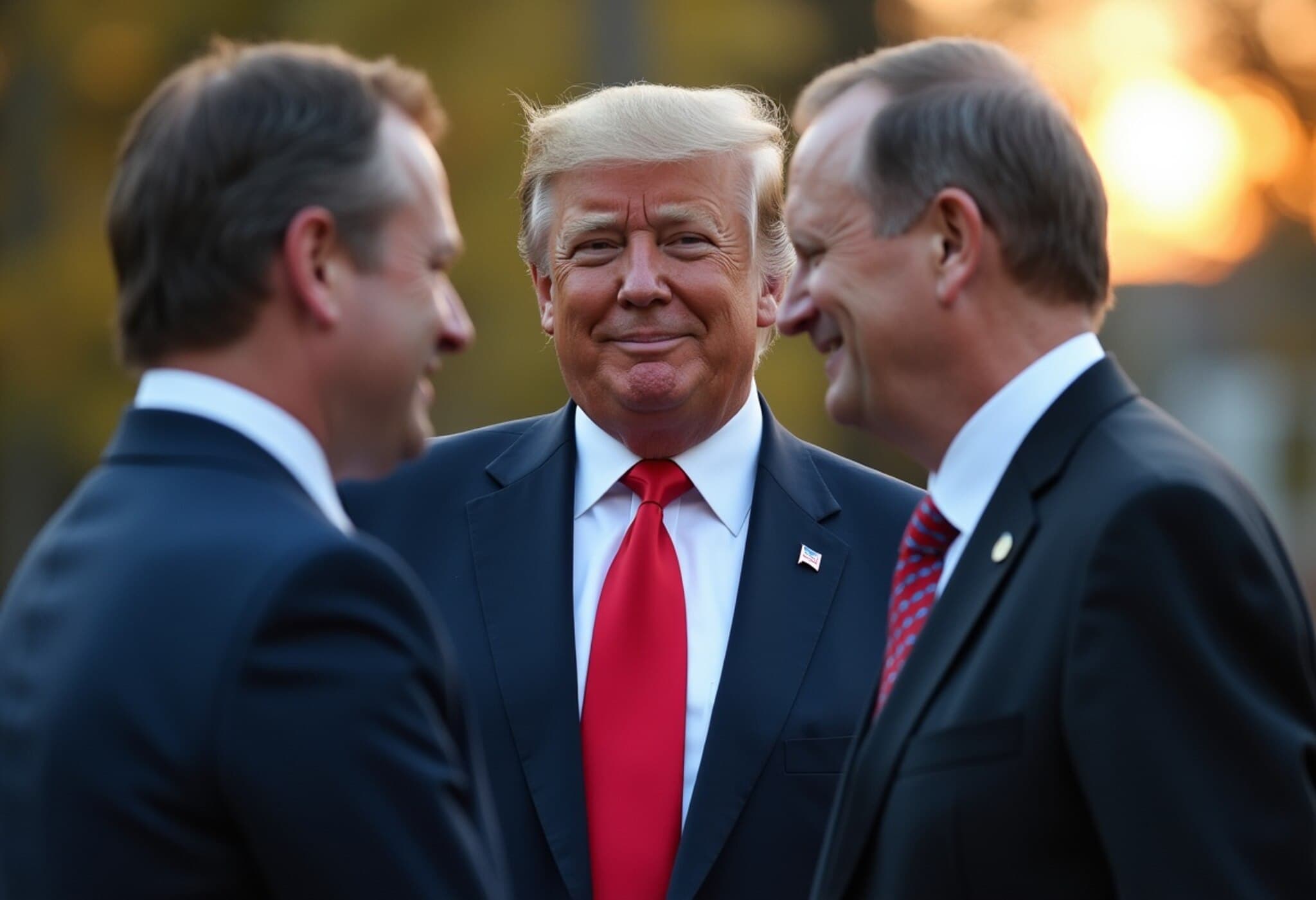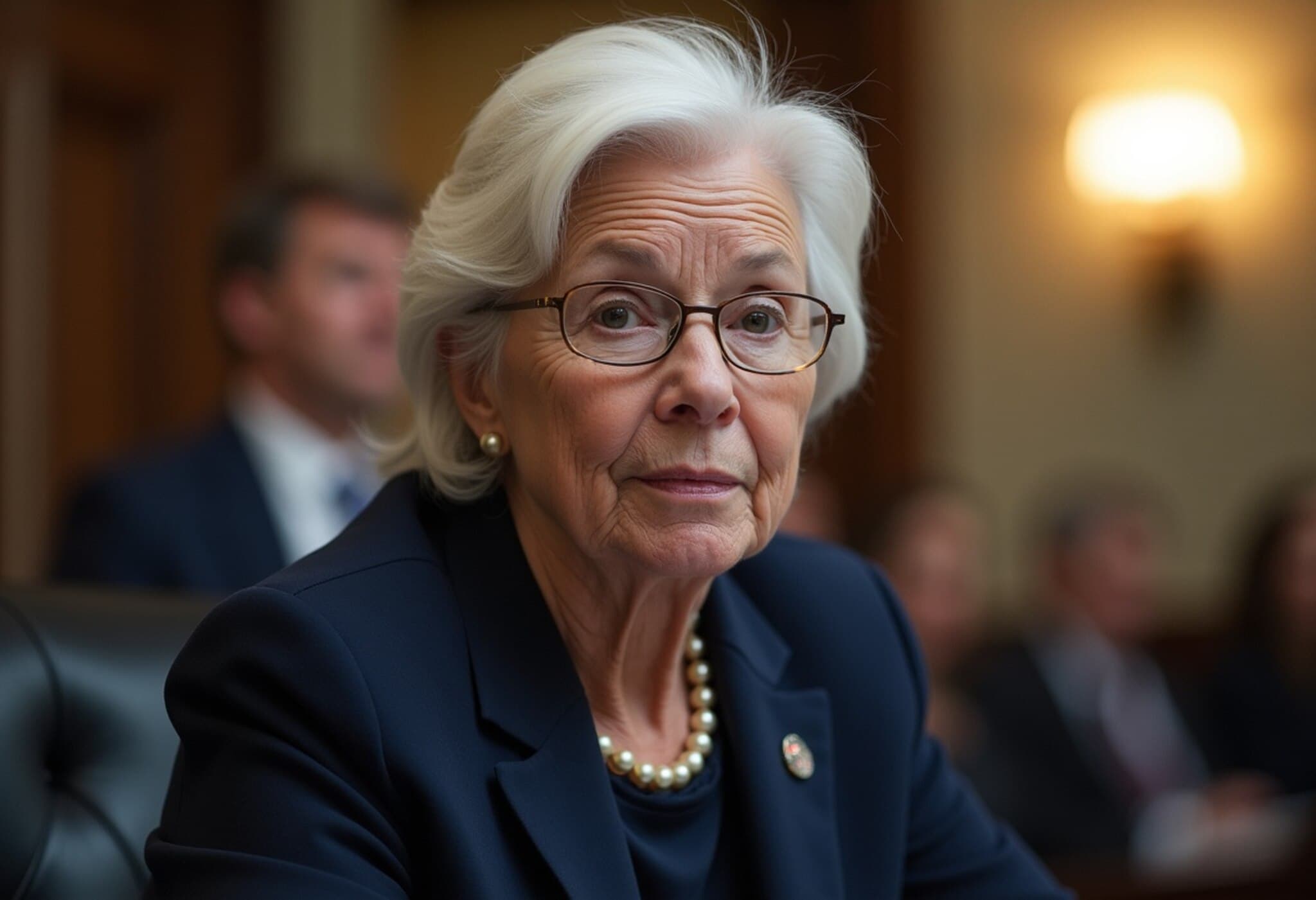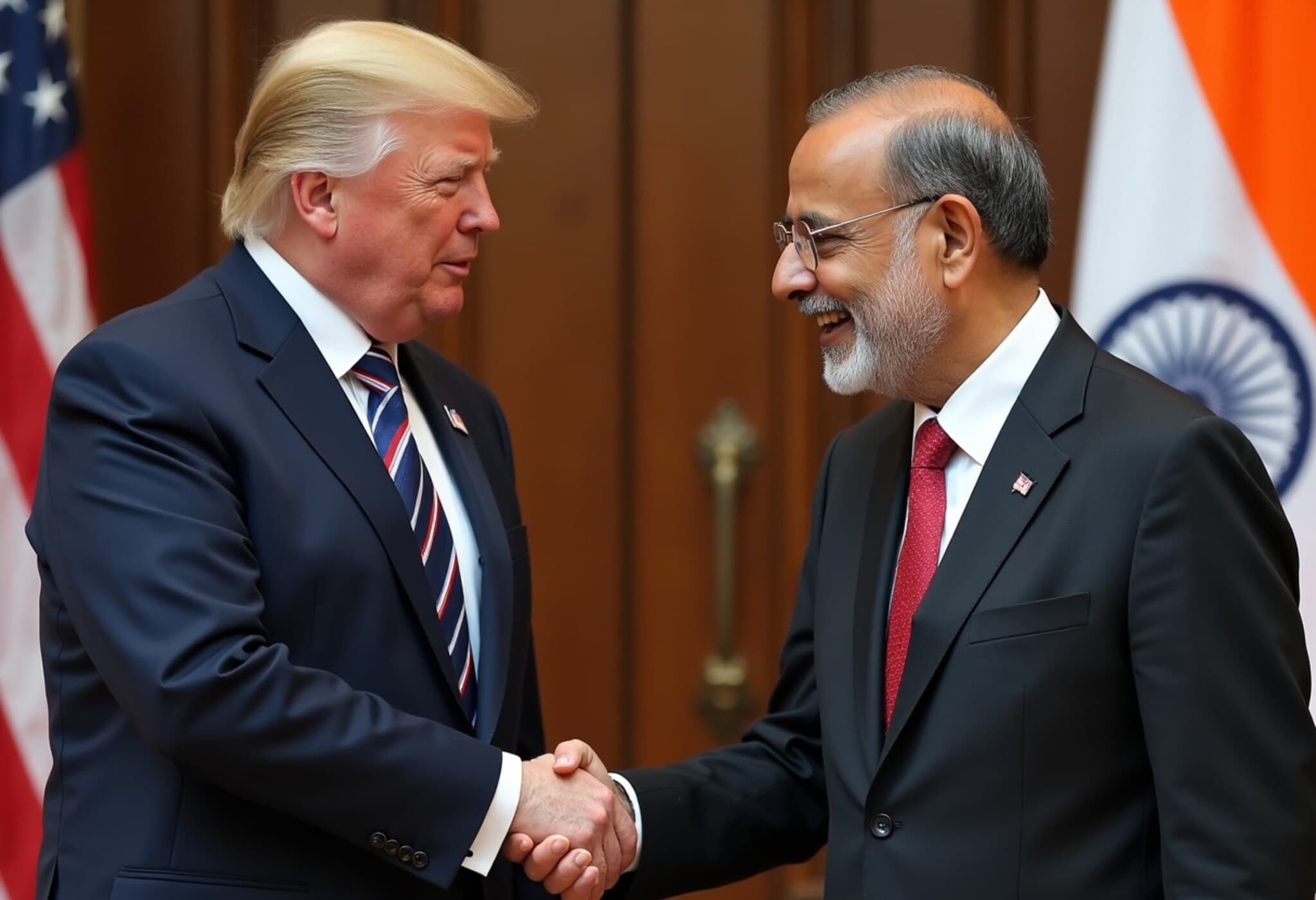Kosovo Breaks Parliamentary Deadlock by Electing New Speaker
After months of political stalemate, Kosovo's parliament has finally elected Dimal Basha as its new speaker, paving the way for government formation following a prolonged six-month impasse.
Ending a Prolonged Political Crisis
On August 26, 2025, the 120-seat Kosovo Assembly voted in Dimal Basha, a key figure from outgoing Prime Minister Albin Kurti’s Vetevendosje party, with a decisive 73 votes after more than 50 failed attempts to break the deadlock. This crucial step lifts the constitutional barrier: according to Kosovo’s legal framework, a speaker must be elected before the new government can be formed.
The previous paralysis reflected deep political divides within Kosovo’s young democracy, hindering critical governance and raising concerns about the country’s trajectory towards Euro-Atlantic integration.
What Happens Next?
- Following the speaker's election, votes for five deputy speakers are anticipated imminently.
- Prime Minister Kurti now has a two-week window to negotiate a coalition, especially seeking support from parties representing non-Albanian minorities.
- If negotiations collapse, the president may transfer the mandate to other parties, risking another snap election.
Reflecting on his new mandate, Basha remarked, “The parliament is the heart of our democracy, the place where the voices of all citizens are heard. I feel a great responsibility entrusted to me.”
Underlying Tensions and Regional Implications
Kurti’s Vetevendosje emerged as the leading party in the February 9 elections but fell short of a parliamentary majority. Opposition factions have remained reluctant to join forces with Kurti, criticizing his approach to the sensitive Serb-majority northern regions of Kosovo.
This friction has broader implications: ongoing tensions have stalled Kosovo’s European Union accession talks and invited sanctions affecting the country’s political and economic stability.
Regional experts note that Kosovo’s political gridlock exposes the fragility of governance in post-conflict states striving to balance ethnic representation, democratic consolidation, and international aspirations. The success of upcoming coalition talks will be a litmus test for Kosovo’s political maturity and reform capabilities.
Expert Insight
Dr. Elena Markovic, a Balkans policy analyst with the Atlantic Council, notes, “This breakthrough in Kosovo’s parliament is more than procedural. It underscores the necessity of inclusivity and dialogue in divided societies. How Kurti negotiates minority participation amid opposition skepticism will shape Kosovo’s path to EU integration and internal reconciliation.”
Editor’s Note
Kosovo's election of Dimal Basha as parliament speaker marks a pivotal moment to end months of political deadlock. Yet the underlying ethnic and political divisions remain a significant challenge to stable governance. Readers should watch closely how coalition-building unfolds, especially in relation to minority inclusion and international expectations.
This episode raises critical questions about the resilience of young democracies facing internal divisions and external pressures. Can Kosovo translate this procedural victory into durable political stability and advance its European integration goals? The coming weeks will be decisive.

